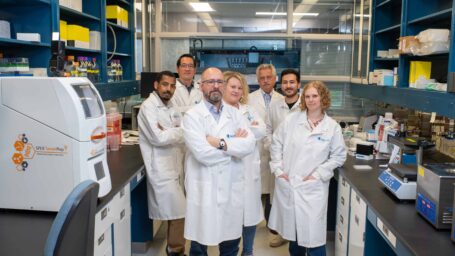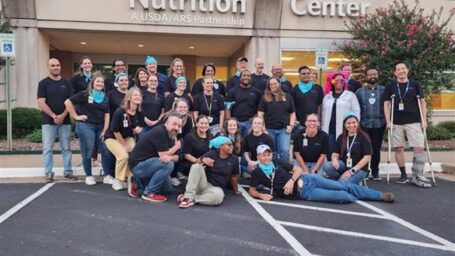Research Highlights
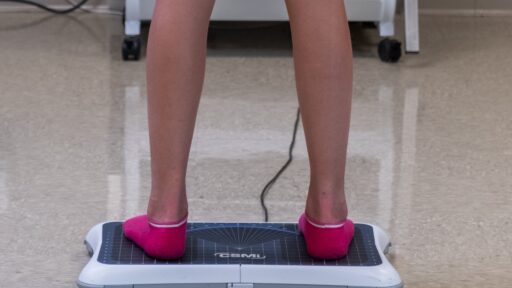
Kids Can Get Moving to Improve Balance
Balance is essential for children to develop motor skills, prevent falls, and effectively perform various daily activities. However, what influences balance in children is not well understood. To explore this, researchers at the ACNC measured balance, body composition, physical fitness, and daily physical activity in 219 school-aged children (ages 7-11). Balance was evaluated using a […]
Read more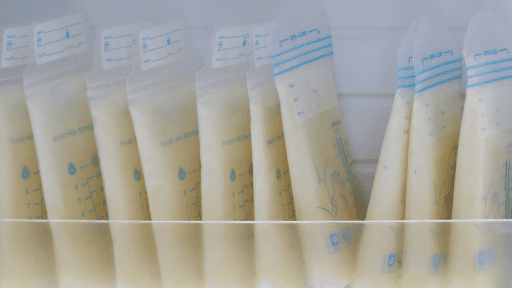
Bioactives in Breast Milk Depend on More than Just Mom’s Diet
Breast milk provides babies with a mix of vitamins, carbohydrates, proteins and fats in an easily digestible form – and it can also be a source of bioactive components that benefit a growing infant’s health and development. What mom eats can modify the type of carbohydrates and bioactive components (carotenoids and polyphenols) found in her […]
Read more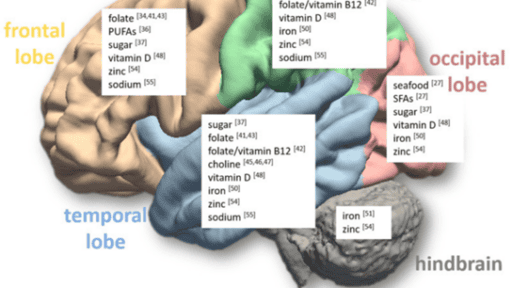
Neuroimaging Insights on Maternal Nutrition during Pregnancy and Offspring Brain Development
Maternal nutrition during pregnancy is increasingly recognized for its importance in shaping offspring brain development, impacting structure and function that further influence long-term neuropsychological, cognitive, and behavioral outcomes in children. Recent advancements in brain imaging technology provide new insights into fetal, neonatal, and pediatric brain morphometry (shape and size) and function. A recent literature review […]
Read more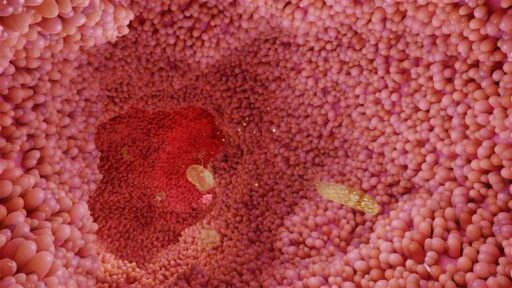
Microbes Colonizing Offspring’s Gut May Depend on Mom’s Diet
Research increasingly focuses on how the gut microbiome—the collection of microbes in our digestive system—develop, change and contribute to health. Investigators at the ACNC, led by Dr. Umesh Wankhade, used a mouse model to explore how a maternal diet, consumed before and during pregnancy, affects the gut microbiome of the following generation. Specifically, their team examined […]
Read moreWant to read more stories like these?
Statistics about the Arkansas Children’s Nutrition Center

A Cooperative Effort
The ACNC is a cooperative effort of the U.S. Department of Agriculture Agricultural Research Service and Arkansas Children’s, the Arkansas Children’s Research Institute and UAMS.

One of Six National Human Nutrition Centers
Established in 1994 on the Arkansas Children’s Hospital campus, the ACNC is one of six National Human Nutrition Centers funded through the USDA-ARS.
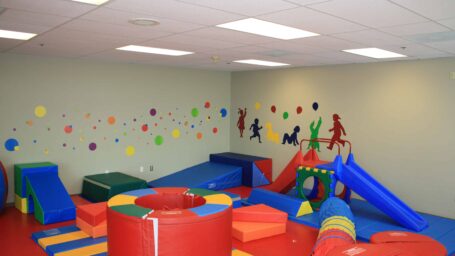
One of Two Centers Specializing in Pediatrics
The ACNC is one of two National Human Nutrition Centers focusing primarily on pediatric/maternal nutrition and metabolic health.
About the Arkansas Children’s Nutrition Center

Arkansas Children’s Nutrition Center uses modern procedures, equipment, and facilities to determine how early-life exposures to diet, dietary factors, physical activity, and other factors can affect biological systems including brain development, skeletal health, adipose tissue development, gastrointestinal health, immune system development, cardiometabolic health, and whole-body metabolism. Arkansas Children’s Nutrition Center investigators are UAMS Department of Pediatrics faculty members within the section of Developmental Nutrition and receive funding beyond USDA-ARS, including the National Institutes of Health, non-profits, and industry partners. The Arkansas Children’s Nutrition Center also receives funding from the Arkansas Biosciences Institute, which was created as the major research component of the Tobacco Settlement Proceeds Act of 2000.
Want to Participate in a Nutrition Research Study?
We want to understand how nutrition and physical activity change the health of mothers and children. Volunteers are invited to participate in clinical research studies to evaluate the impact of nutrition, exercise, and other behaviors in pregnant women, children and infants.
Core Research Facilities
With approximately 54,000 square feet of shared research space, the Arkansas Children’s Nutrition Center provides ever-expanding clinical research facilities, laboratories, equipment, and Core Facilities designed for its team of over 75 scientists and support staff.
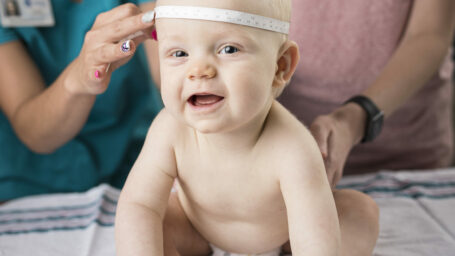
Clinical Research Core
Well-equipped for both long- and short-term research, the clinical research core has a robust record supporting large, longitudinal and RCTs from design to +12-year follow-up.
Learn More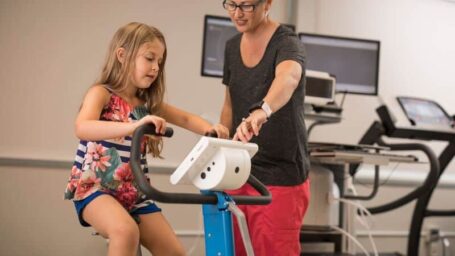
Physical Activity and Metabolism Core
Including both the Laboratory for Active Kids and Families — one of only a few dedicated pediatric exercise physiology labs in the nation — and a fully outfitted fitness facility
Learn More
Biostatistics and Data Innovation Core
Dedicated, in-house space and staff to support statistical, analytical and bioinformatics needs, including statistical analysis and visualization of –omics based data
Learn More
Metabolomics and Analytical Chemistry Core
Dedicated to chemical processing and analysis of metabolite profiles (targeted and untargeted) in a variety of human and animal samples
Learn More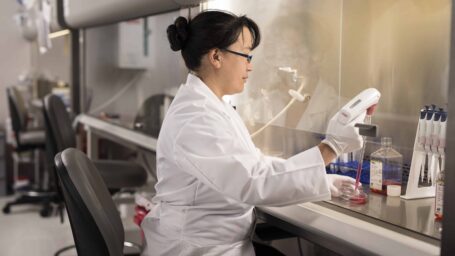
Rodent Metabolic and Behavioral Phenotyping Vivarium Core
Utilizing nuclear magnetic resonance and dual x-ray absorptiometry to assess body composition, the vivarium is also equipped with two state-of-the-art Promethion Systems
Learn More
Histology and Bioimaging Core
All the necessary facilities to conduct histochemical and immunohistochemical analysis, in situ hybridization, imaging/microscopy with a full-time certified histotechncian
Learn More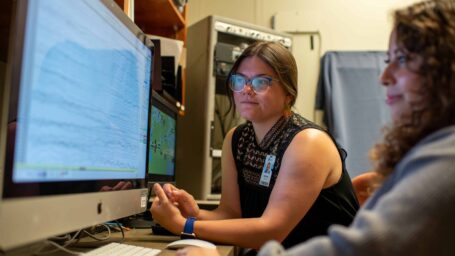
Brain Research Cores
With both the Budding Brains and Brain Imaging Labs to examine structural and functional development in children using advanced, non-invasive neuroimaging methods.
Learn More

